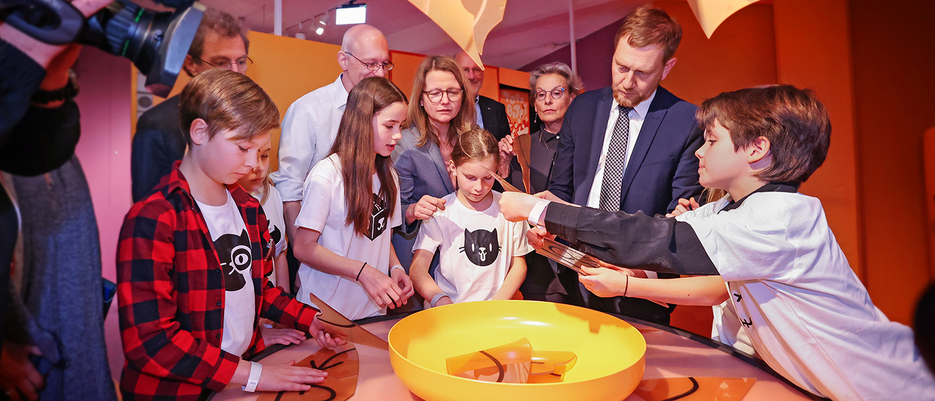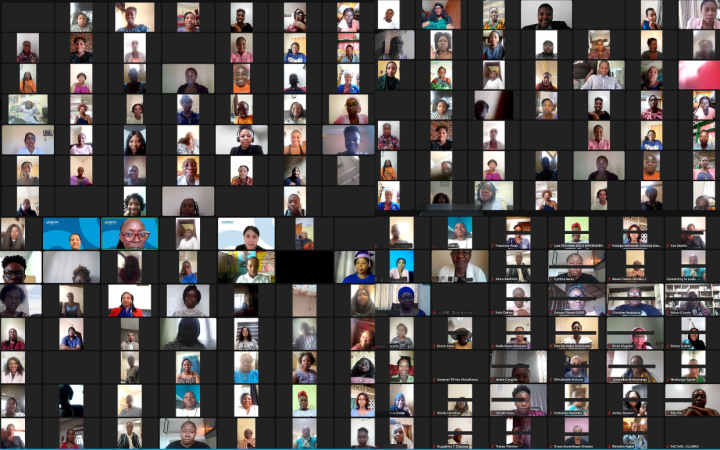On a public lake in Wisconsin, more than 130 people who rented kayaks over a two-week period were advised that it was common practice to pick up any trash they might find floating on the lake.
One type of kayaker turned out to be five times more likely than another to pick up a stray flip flop or water bottle – items researchers had planted so each person would pass one regardless of their route.
What was the difference? Before they paddled from shore, the individuals who picked up more trash had been asked to think of and write down a nickname for the lake, and encouraged to repeat it to themselves and out loud.
“The ones who thought about a name for the lake had a stronger sense of psychological ownership,” said Suzanne Shu ’90, M.Eng. ’92, the John S. Dyson professor of marketing in the Charles H. Dyson School of Applied Economics and Management. “They felt more of a connection to the lake.”
Shu is a co-author of “Caring for the Commons: Using Psychological Ownership to Enhance Stewardship Behavior for Public Goods,” published Sept. 25 in the Journal of Marketing.
Co-authors were Joann Peck, associate professor of marketing at the University of Wisconsin-Madison; Colleen Kirk, associate professor of marketing at the New York Institute of Technology; and Andrea Luangrath, assistant professor of marketing at the University of Iowa.
Scholars have studied the concept of psychological ownership in a variety of consumer, organizational and behavioral contexts. They know that test-driving a car, for example, can increase the value a consumer attributes to something they don’t yet own, and that guests who choose their own hotel room take better care of it, Shu said.
“The more a marketer or seller can get you to think of a product as yours, the more your value of it goes up, the more you’ll be willing to pay for it and the better you’re going to treat it,” Shu said. “That’s the basic principle.”
The scholars wondered if that principle could be applied to public goods such as parks and lakes, which can suffer from what economists call the “tragedy of the commons” – when shared ownership leads to a diffusion of responsibility such that no one takes care of a resource.
“If this feeling of psychological ownership is so strong in all these other contexts,” Shu said, “could it be used to get people to feel like a park is theirs and take better care of it?”
After the kayakers, the study’s second field experiment observed more than 160 renters of cross-country skis and snowshoes at a Wisconsin state park. By random assignment, roughly half were asked to look at a map and trace the route they might take that day.
The result: Patrons who mapped a route reported a greater sense of ownership of the park and were 2 ½ times more likely add a $1 donation to their rental fee. They were also more likely to volunteer.
In a third experiment, participants were asked to imagine going for a walk in a public park and seeing a sign that said either “Welcome to the park” or “Welcome to YOUR park.” The latter sign boosted feelings of psychological ownership and the likelihood of volunteering, donating money and promoting the park on social media.
Shu said the nicknames, mapping and signage tapped strategies known to drive psychological ownership: having control over an item, investing yourself in it and getting to know it better.
But a fourth experiment showed how a commonly used device can backfire by diffusing individual responsibility. Asked to imagine visiting the same public park, some participants also encountered a sign reporting that they were “visitor #22,452” that week. Although a “YOUR park” sign again generated more donations and intentions to volunteer, pick up trash and repair damage, the attendance sign had a “dampening” effect on psychological ownership, the study found.
The research is the first, its authors believe, to show that “simple, actionable” interventions applying techniques commonly used by marketers to foster psychological ownership can encourage people to identify with and take better care of public goods such as parks and lakes.
“If we care about environmental sustainability, every little bit helps,” Shu said. “The more we can get people out and involved and helping in their own corners of the world, the better off we’ll be overall.”








